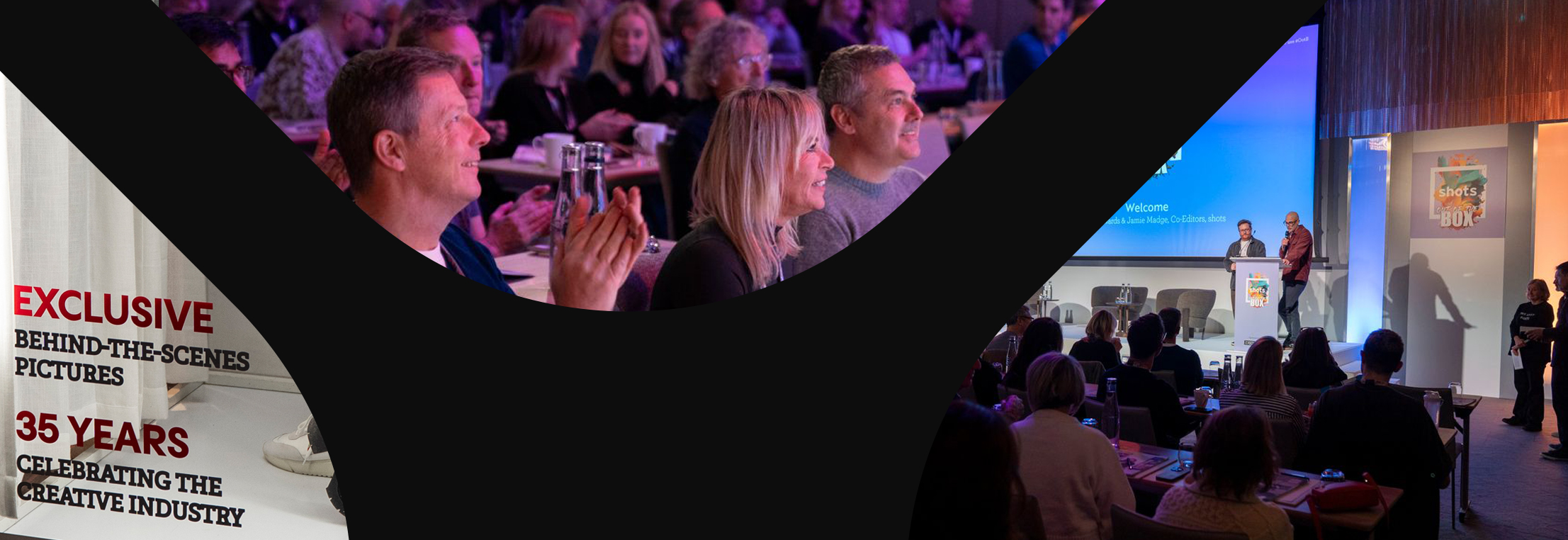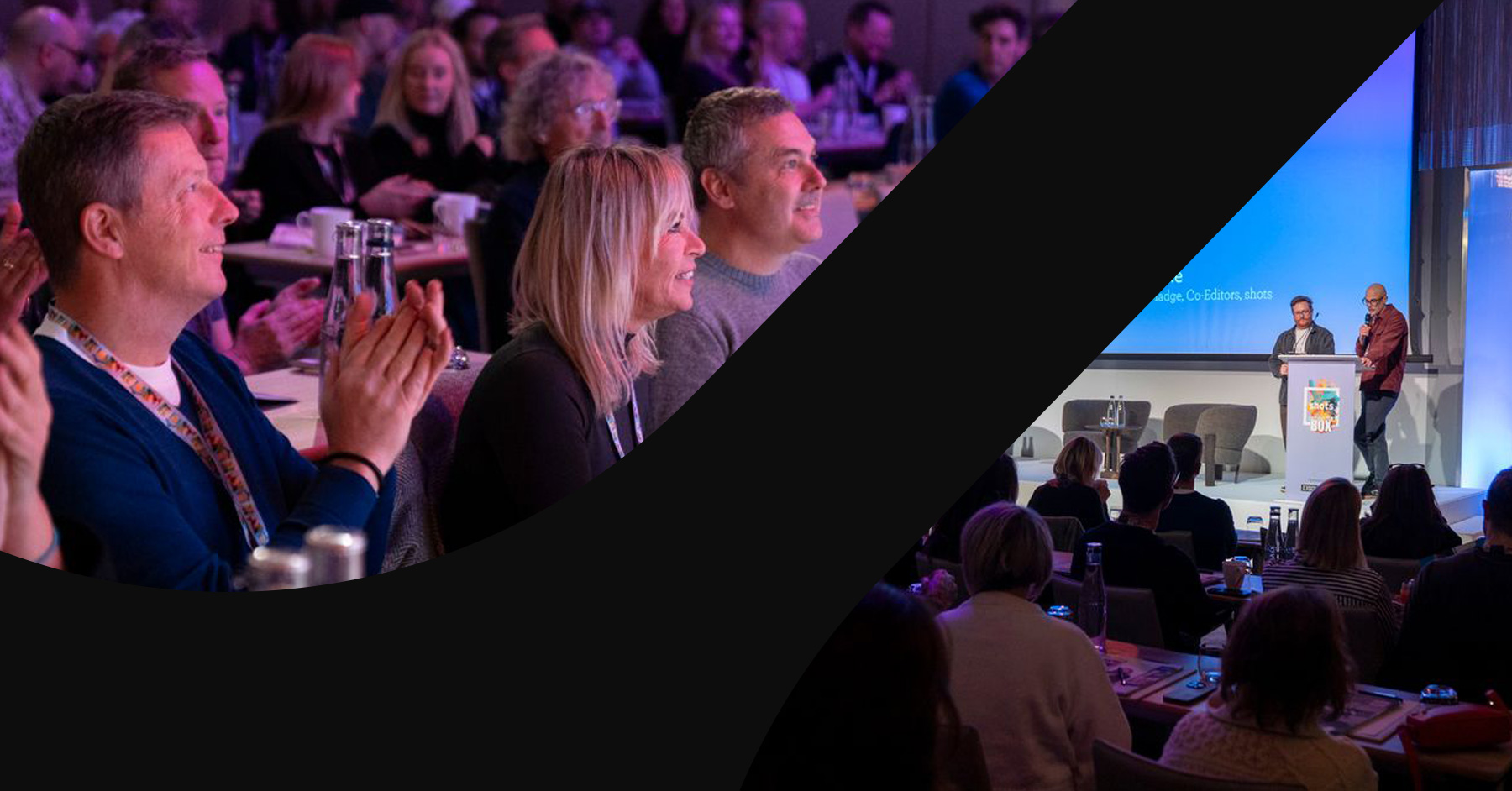Brands Focus On Sustainability
It’s hard to avoid the topic of sustainability—and with good reason. From record heat waves to damaging storms, scientists say now is the time to cut back on carbon emissions and take proactive steps to safeguard our planet. Most consumers agree. According to new Ipsos data 68% of respondents believe governments and companies should take immediate, decisive action for the benefit of future generations. Marketers aren’t immune to these cries, as evidenced by recent brand initiatives being pursued in the name of sustainability. Here’s what you need to know.
Go Big for Our Home
Yvon Chouinard, the 83-year-old founder of global outdoor retailer Patagonia, made headlines in September, announcing that he's giving away his company to help battle climate change. The active-apparel brand is valued at $3 billion and 100% of its voting stock is now being put into the Patagonia Purpose Trust, a special collective set up to make sure Patagonia, the company, stays environmentally responsible. That means the Chouinard family no longer owns the company, which will continue to sell roughly $1 billion worth of outdoor apparel and camping equipment every year. With a single signature, “the Chouinards are renouncing their status as one of the wealthiest families in America,” said New York Times writer David Gelles. Additionally, 100% of the brand’s non-voting stock—amounting to 98% of the company—is going to Holdfast Collective, a nonprofit committed to “fighting the environmental crisis and defending nature.” Chouinard broke this big news rather simply—by writing a letter. “Yet again Patagonia and the family who own it have demonstrated their selflessness and commitment to combating climate change,” said Jack Bedwani, founder and CEO New Moon agency. “This time in the most powerful and irrevocable way.” Sustainability has always been baked into Patagonia’s mission, which was founded by Chouinard, a mountain climber who started selling climbing gear five decades ago to help finance his outdoor adventures. “Earth is now our only shareholder,” he said of this decision.
In similar fashion, France recently dropped its own environmental bombshell: It will be the first European country to completely ban fossil fuel ads. Taking effect next year, the regulation could fine companies upwards of 100,000 euros for breaking the rule. Various fossil-fuel producing conglomerates around the world are currently embroiled in legal battles regarding false statements made about their earth-friendly practices. In Germany, several aviation and energy groups were cited for their unsubstantiated carbon neutral claims. In Australia, some gas companies are facing legal action for saying that gas is “clean” and “sustainable.” With the European Union set to launch a new wave of anti-greenwashing laws, France’s decision could be called a step in the right eco-conscious direction.
Driving into the Future
California lawmakers made a declaration in September that further got the nation—and the world—talking. The state will stop selling all new gasoline-powered cars by 2035. Consumers will still be able to buy old gas-fueled cars and drive their existing vehicles, but anything new built after that date will be an electric vehicle (EV) or plug-in hybrid electric vehicle (PHEV). In similar vein, President Biden called for 50% of all new car sales to be EV by 2030. The future of cars is becoming clear, and automakers are hopping on the electric bandwagon to avoid getting left behind.
Case in point: In the first eight months of 2022, EVs comprised 4.5% of all new car sales, up from 2.6% for all of last year, according to Edmunds, an online auto info source. Though Tesla dominated this sector for several years, carmakers like General Motors, Ford, Volkswagen, and others are now spending billions of dollars to research and manufacture their own lines of electric cars. GM’s Chevrolet brand just released a 60-second spot set to Fleetwood Mac’s timeless tune, “Everywhere.” In it, groups of people drive new Chevy models—including the Equinox EV, Silverado EV, Blazer EV and Bolt EV—the company’s first electric vehicle, which was released in 2016. They smile and sing along while cruising, and a tagline declares that “Chevy EVs are for everyone, everywhere.”
Cheers to Greener Days
A recent study from Innova Market Insights underscored a point that marketers are by now familiar with: millennials and Gen Z members consider sustainability critical, and they believe brands must likewise take steps to safeguard our planet’s health. This extends to winemakers and vineyards. “Sustainability is thekey word,” says Cristina Miranda, marketing director of the World Bulk Wine Exhibition (WBWE). “We cannot continue to transport all the wine bottled; the planet will not sustain it any longer.” The solution may lie in bulk wine containers that leave a smaller carbon footprint, thanks to space saved on shipping bottles along with reduced environmental costs of storage. Wineries are taking advantage of the trend by experimenting with wine pouches, bag-in-box offerings, wine on tap at restaurants or bars and single-serve canned wines, an offering that’s become a hit with younger demographics. “The evolution in bulk wine quality has been intense,” said Miranda. “And that is because wines are increasingly better made, but also because bulk wine buyers increasingly demand higher quality.”
From grapes to suds, two competing beer brands—Coors Light and Corona—are finding common ground when it comes to sustainable marketing programs. Both have launched campaigns meant to promote eco-conscious consumption while also appealing to younger consumers’ interests. For Coors Light, that manifested in their “Made to Chill” initiative that unveiled various earth-friendly actions, including a recent repainting of Miami billboards into “Chillboards” that reflect 85% of sunlight to help lower energy costs for lower-income homes. Corona invested in a series of plastic-elimination measures over the last few years, culminating with a splash in Corona Island, their recently created eco-tourism location that’s said to be the world’s first island to be free of both plastic and single-use items.
It’s believed that Gen Z will account for 27% of the world’s income by 2030, so marketers are keen to reach this group. And since nearly 73% of those consumers say they’re willing to spend more on sustainable goods, focusing on sustainable marketing initiatives makes good sense for both brands and the planet.
The drive for sustainability it not limited, of course, to consumer facing brands. Many companies that support the advertising industry are actively working to minimize their own carbon footprint and to understand the environmental impact of digital video campaigns and the myriad details involved in helping marketers connect with audiences on every screen. Extreme Reach is among them, and we’ll be writing more about our efforts moving forward. It couldn’t be more important.
Whether you’re a marketer or agency looking to advertise on any digital or linear screen, Extreme Reach brings speed, simplicity, and accuracy to every campaign launch.



